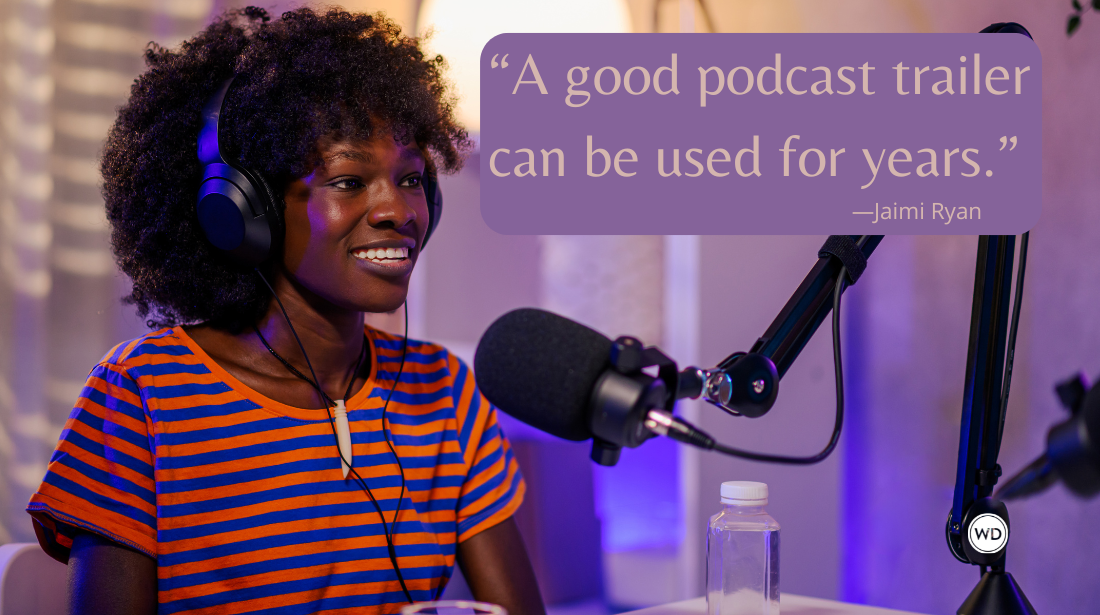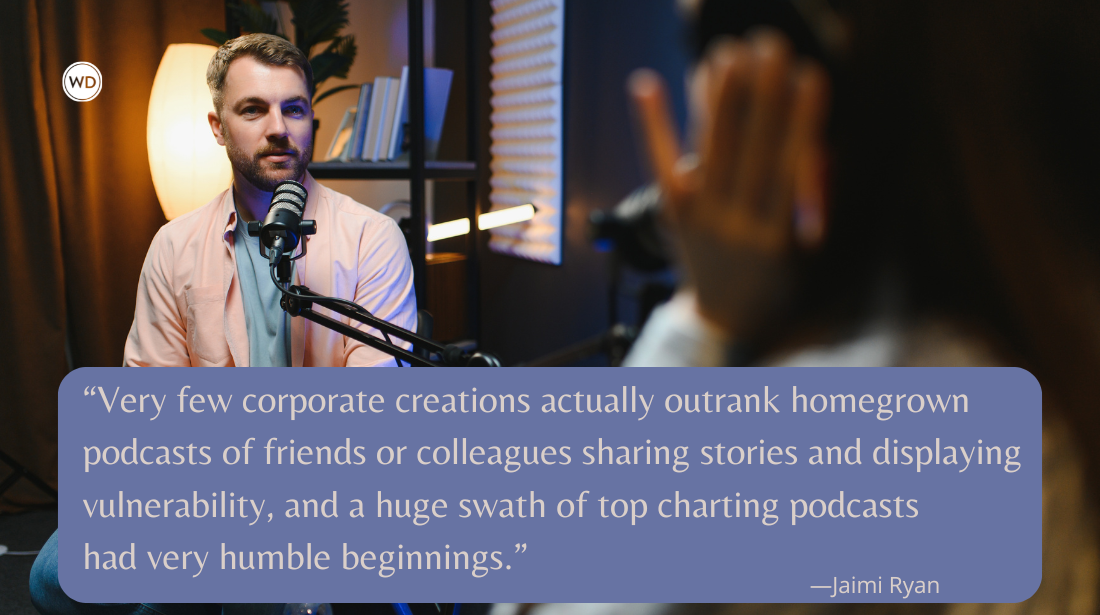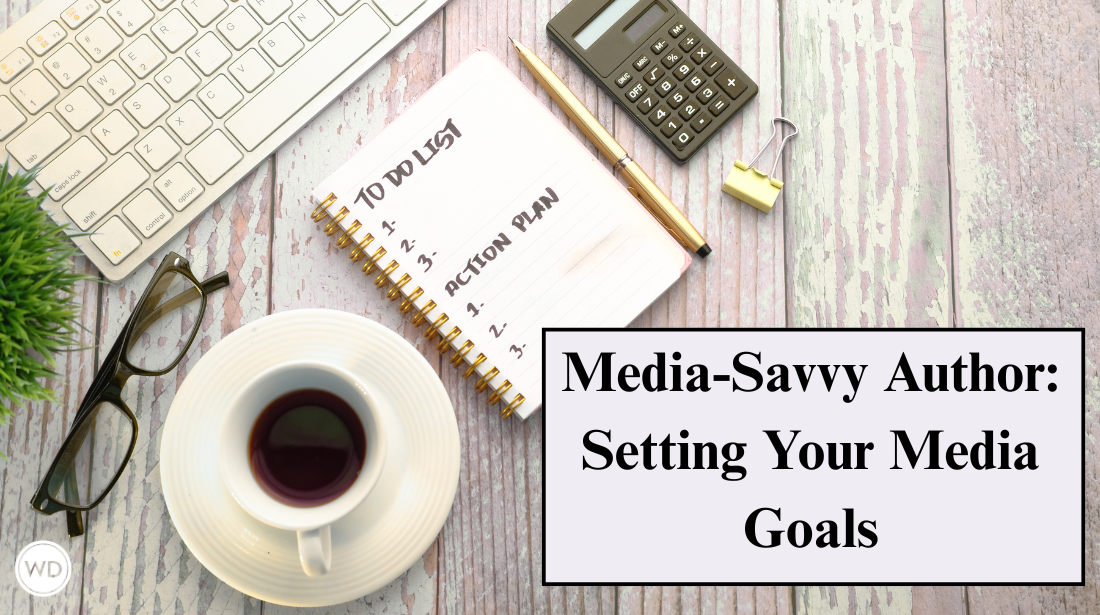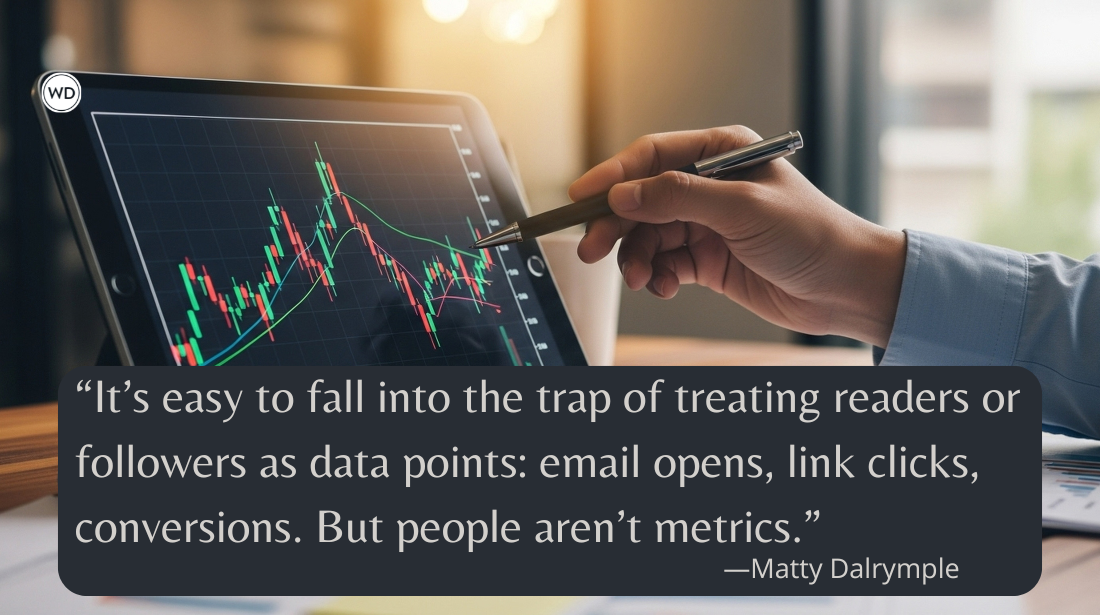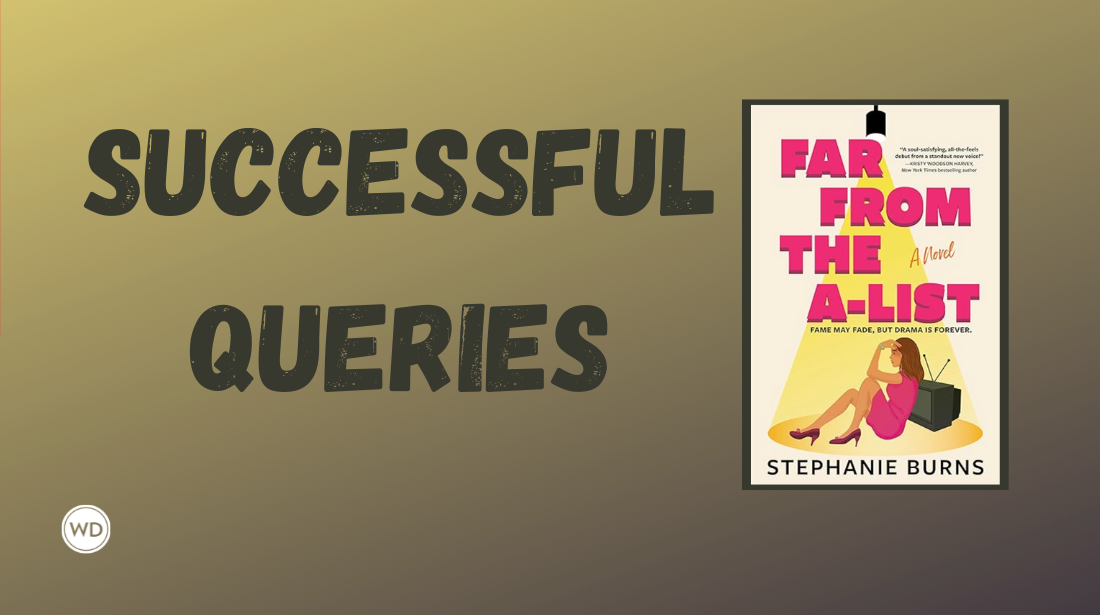What Does It Take for a Blog to Become a Book?
I find myself advising writers more and more frequently to develop an online presence first—sometimes by blogging—before attempting to get a book published. Some types of content simply work better…
I find myself advising writers more and more frequently to develop an
online presence first—sometimes by blogging—before attempting to get a
book published. Some types of content simply work better online,
or when you're engaging in real time with a community.
Online
platforms allow you to test ideas, develop your readership, and craft a
stronger premise for a print product. Plus, if you really catch on fire
with a particular readership, you can start attracting editors and
agents to YOU, rather than you chasing them. Doesn't it sound better to
be fielding offers rather than begging for them?
Of course, this
process takes patience. You can't launch your online efforts today and
expect interest overnight (or even in a year). You have to be invested
and dedicated to what you're doing, and involved in an authentic way,
for you to produce something of value.
And you also have to let
go of this idea of being online only to reach the holy grail of a print
book. You need to NOT want it in order to get it. That is, you have to
be Zen about it. Have goals, but no expectations. Know that your
project will likely change, or your goals will change, as you put
yourself out there more and more.
Key to remember:
Even the most popular blogs don't necessarily translate into great (profitable) books or a book deal
No
matter how much positive feedback you get on your blog, that doesn't
mean it's going to interest a publisher. It's the same thing as telling
an agent, "My mother loved it." You always need to back up "positive feedback" with hard-core numbers about subscribers, unique pageviews, newsletter subscribers.
So, what does it take for a blog
to become a book? It often takes someone in the mainstream media (or a trusted
voice or opinion maker) to scream to the world, "Have you seen this person's
blog? It's a must-read!"
When notable people talk you up to agents/editors,
and/or when you are featured by the so-called mainstream figures of online/offline media, then you can bet that agents/editors will start to
take notice and ask if you've thought of doing a book.
Now, keep
in mind that most blog material is not suitable for straight-to-book
publication. Bloggers turned authors usually have to start book
manuscripts entirely or partially from scratch, or undergo a very
thorough revision process. But if industry professionals see that you
have a strong voice, a strong message, and a strong following, they'll
work with you to figure out what your best book is, and help you adapt
your ideas for the best book product.
Here are a few extremely successful and visible examples of bloggers turned book authors.
- Chris Brogan, Trust Agents
- Gary Vaynerchuk, Gary Vaynerchuck's 101 Wines and Crush It!
- Chris Guillebeau, untitled so far, book deal with Perigee, to release in September 2010
If
you want to transition from blogger to book author, consider how a book will offer an experience or a benefit that is
unique or distinctive apart from the blog. Why would people want the
book in addition to or instead of reading the blog? Is it simply
because you think you can reach a broader audience? Sometimes that's
not reason enough. Consider why and how the book can be a vehicle for what's not easily or feasibly accomplished online, and how
readers would benefit from the book format.
Photo credit: Mike Licht, NotionsCapital.com
Jane Friedman is a full-time entrepreneur (since 2014) and has 20 years of experience in the publishing industry. She is the co-founder of The Hot Sheet, the essential publishing industry newsletter for authors, and is the former publisher of Writer’s Digest. In addition to being a columnist with Publishers Weekly and a professor with The Great Courses, Jane maintains an award-winning blog for writers at JaneFriedman.com. Jane’s newest book is The Business of Being a Writer (University of Chicago Press, 2018).




